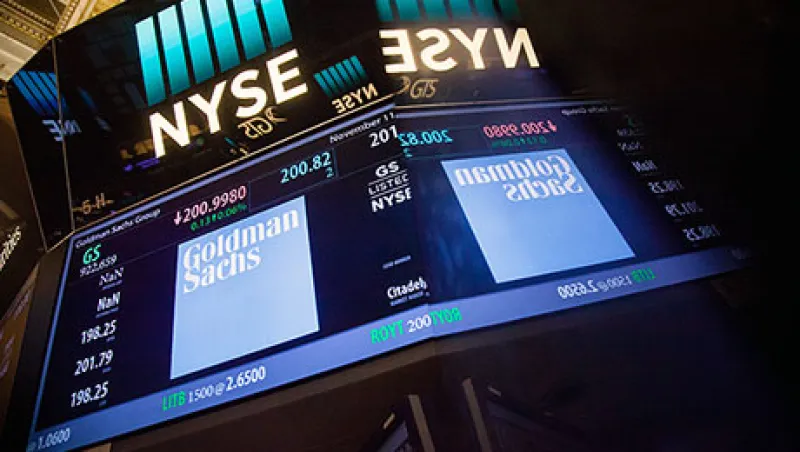
Goldman’s Asset Management Arm is Bullish on Equities — For Now
Goldman Sachs Asset Management thinks economic growth will continue through 2017, even as it warns of potentially higher market volatility.
Julie Segal
July 24, 2017



